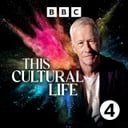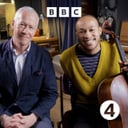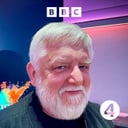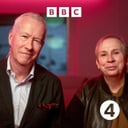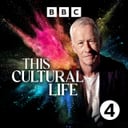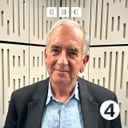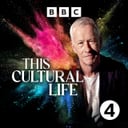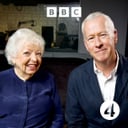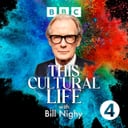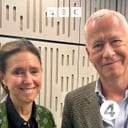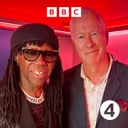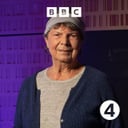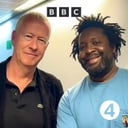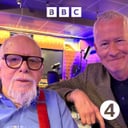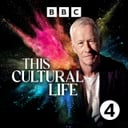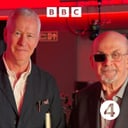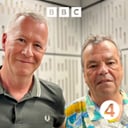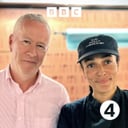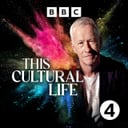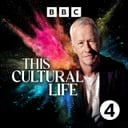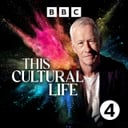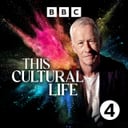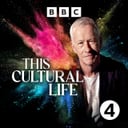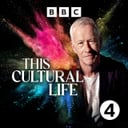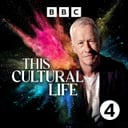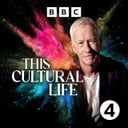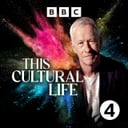
Pete Townshend
Pete Townshend is the songwriter, guitarist and co-founder of The Who. The band first stormed the pop charts sixty years ago, with teenage anthems including I Can’t Explain, Substitute and My Generation. Broader songwriting ambitions led him to create the rock opera Tommy in 1969, and the concept album Quadrophenia four years later. Both projects were adapted as films, and Quadrophenia has now been staged as a ballet by Sadlers Wells. Throughout the seventies, The Who were regarded as the biggest and loudest live act in the world. They played at Woodstock, at Live Aid, Live 8 and the 2012 Olympic closing ceremony. Despite the deaths of drummer Keith Moon and bassist John Entwhistle, Townshend and singer Roger Daltrey continue to perform as The Who. Pete Townshend talks to John Wilson about the influence of his parents, who were both musicians. His father, the saxophonist Cliff Townshend, played in the popular dance band The Squadronaires, but it was his mother Betty, a singer, who was most supportive of Pete's early musical talent. Seeing Bill Haley and The Comets at Edgware Road Odeon in 1956 was another formative moment that introduced the teenage Townshend to the possibilities of a rock 'n' roll performance. Pete also reveals how his art school tutor Roy Ascot, who was head of the Ground Course at Ealing Art School, shaped his his approach to his band that was to become The Who. He also recounts how reading Labyrinths, a book of short stories by Jorge Luis Borges on the first US Who tour in 1967 opened his imagination and helped him expand his musical storytelling. Producer: Edwina Pitman

Pete Townshend
Pete Townshend is the songwriter, guitarist and co-founder of The Who. The band first stormed the pop charts sixty years ago, with teenage anthems including I Can’t Explain, Substitute and My Generation. Broader songwriting ambitions led him to create the rock opera Tommy in 1969, and the concept album Quadrophenia four years later. Both projects were adapted as films, and Quadrophenia has now been staged as a ballet by Sadlers Wells. Throughout the seventies, The Who were regarded as the biggest and loudest live act in the world. They played at Woodstock, at Live Aid, Live 8 and the 2012 Olympic closing ceremony. Despite the deaths of drummer Keith Moon and bassist John Entwhistle, Townshend and singer Roger Daltrey continue to perform as The Who. Pete Townshend talks to John Wilson about the influence of his parents, who were both musicians. His father, the saxophonist Cliff Townshend, played in the popular dance band The Squadronaires, but it was his mother Betty, a singer, who was most supportive of Pete's early musical talent. Seeing Bill Haley and The Comets at Edgware Road Odeon in 1956 was another formative moment that introduced the teenage Townshend to the possibilities of a rock 'n' roll performance. Pete also reveals how his art school tutor Roy Ascot, who was head of the Ground Course at Ealing Art School, shaped his his approach to his band that was to become The Who. He also recounts how reading Labyrinths, a book of short stories by Jorge Luis Borges on the first US Who tour in 1967 opened his imagination and helped him expand his musical storytelling. Producer: Edwina Pitman

